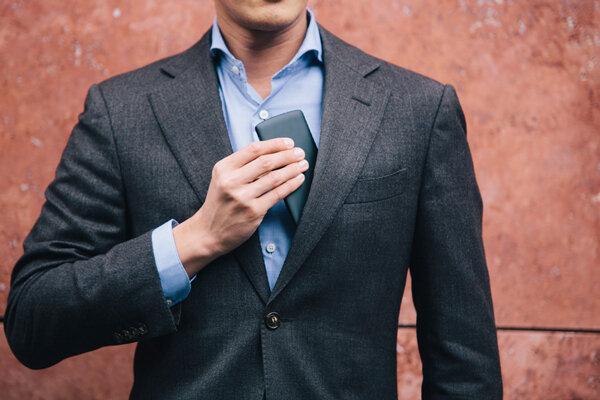


At START, one of our rules of thumb is Start with Yourself. But one of the top obstacles parents share? Figuring out what digital health looks like at work. We loved these examples from companies who are taking this to heart and experimenting with new workplace practices to support digital wellness, including Netsmart—a healthcare company based in Kansas City.
As we talk with families about device free zones, we love to hear stories of leaders who take this to heart, including Netsmart–a healthcare company dedicated to delivering value-based care through technology. It is easy to imagine that these folks are in the business of maximizing technology to better serve their clients. Daily, they champion the power and promise that technology can bring to even the most vulnerable communities.
But what makes this company exceptional is its commitment to not letting screens interfere with what matters most: relationships.
Wendy Hill, Chief People Officer at Netsmart, shared with us one practical way she has seen this play out amongst her colleagues:
At a recent meeting, CEO Mike Valentine passed a basket, asking if we would consider placing our devices in it. At first, we were like, “Really?!” And Mike said, “Let’s try this and see how it changes the dynamics of our meeting.” It felt uncomfortable at first, but what emerged was one of our most effective, focused meetings ever. It led to better decision-making, a deeper level of dialogue and a willingness to have more difficult conversations than I had witnessed before. I think those types of conversations are difficult to have when you have distractions. In fact, the meeting even ended early!
Other tech leaders, including Marc Benioff (CEO of Salesforce) and John Vars (currently Chief Product Officer at Mixhalo), also champion device-free meetings. As Vars once told the Los Angeles Times, “Meetings go quicker and there is also just a shared experience. People are communicating better, the flow is faster.”
Oftentimes we multitask during meetings, hoping we can listen passively to all the main points–while also crushing our mountainous inbox. However, research continues to find that just isn’t the case. As reported by Fast Company, when we multitask “our IQs fall by 10 points. Our errors increase by 50%. And according to a study by multi-project management software company Realization, multitasking is costing organizations $450 billion globally each year.”
Hill noted that Netsmart likely won’t have all meetings be device-free, but will start with particularly critical ones and see how it goes. They’ll be in good company – not just with corporations, but with public sector organizations. As reported by MarketWatch, the White House “asked cabinet members to leave their cellphones (labeled with a yellow sticky note) in a basket when meeting President Obama.” And the Vatican took a similar approach when selecting the most recent pope.
This is becoming such a hot trend, that David Galullo, chief executive of Rapt Studio, a leading design firm, shared with the Wall Street Journal that one company “recently created an office where the conference-room door has built-in slots for everybody to deposit their cellphones before stepping inside, so attendees can focus better. Other clients are asking that some conference rooms be screen free to combat ‘that feeling multitasking might be somehow eating us from the inside out.’”
Indeed, across the nation, it seems that even the most casual business meetings are increasingly being dubbed “device-free zones.” Tim DeWeese, Director of Johnson County Mental Health Center, shared a fun example he spotted during a happy hour event at a NYC hotel. The hotel provided free drinks…as long as happy hour attendees put their phones in nearby cubbies.